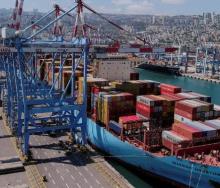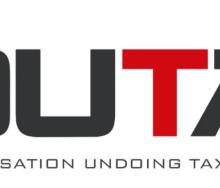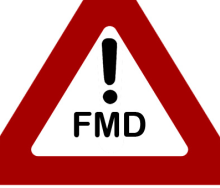Iata has released the Reassessing Single Use Plastics Products in the Airline Sector report to assist airlines, regulators and the airline supply chain to mitigate the environmental impacts of single-use plastic products (Supp).
The report comes after the United Nations Environment Programme convened an intergovernmental negotiating committee to develop an international legally binding agreement on Supp use by the end of 2024.
Supp are widely used in aviation due to their strength, lightness, and ability to meet safety and security regulations. However, the airline sector faces challenges associated with improved cabin waste performance and the replacement of these plastics with sustainable alternatives. A lack of harmonised regulations is also a barrier to improving recycling and circularity of waste management.
The report advocates for a sectoral approach to managing Supp in aviation with a set of recommendations, including the reduction of waste at source by reviewing standards and procedures; the introduction of reusable items that requires logistical changes, including assessing the impact of potential added weight and the effect on fuel burn and carbon emissions.
It also recommends improved waste management and recovery by facilitating onboard and ground waste segregation as well as undertaking waste composition audits for passenger and cargo operations.
According to the report, regulators are recommended to develop harmonised regulations and legislation; to create the infrastructure and frameworks that will make reused models possible and to support the development of infrastructure for waste segregation and recovery at or close to airport premises.
Iata senior vice president for sustainability and chief economist Marie Owens Thomsen said airlines were taking a “comprehensive approach to sustainability” that included confronting the environmental impact of Supp.
“The recommendations of this report will help airlines, regulators and the supply chain to manage the complexities of reducing Supp. This includes finding alternatives to Supp, creating a harmonised regulatory framework, and promoting sector-wide collaboration,” she said.
“Importantly, these recommendations take advantage of the expertise of all participants in the aviation sector to develop, adapt and implement the solutions best suited to an aircraft’s unique environment.”
The Iata passenger insights survey conducted in November 2023 showed that more than three-quarters of passengers would feel better about flying if it did not involve any Supp, and that they would be happy to support fewer food and beverage options so airlines could achieve this.
The Iata Shipper Survey 2022 showed that 50% of cargo customers included waste reduction along the supply chain among their top priorities and that cargo operators were receiving requests from end-customers to reduce the associated plastic packaging and wrapping.













